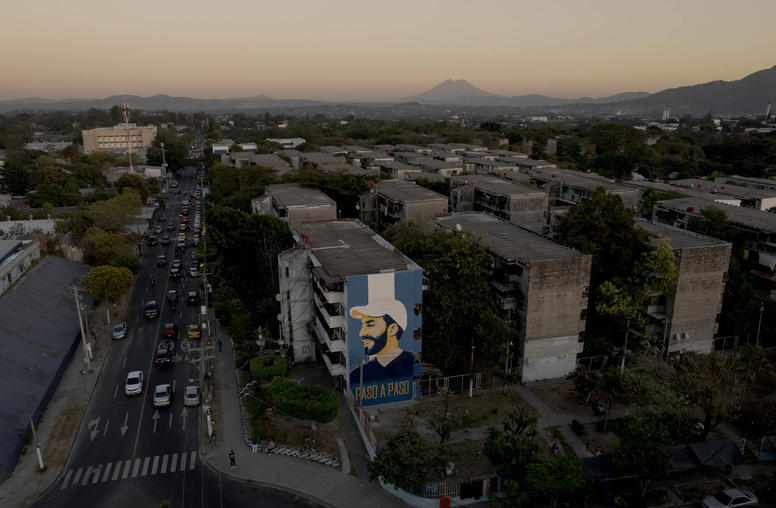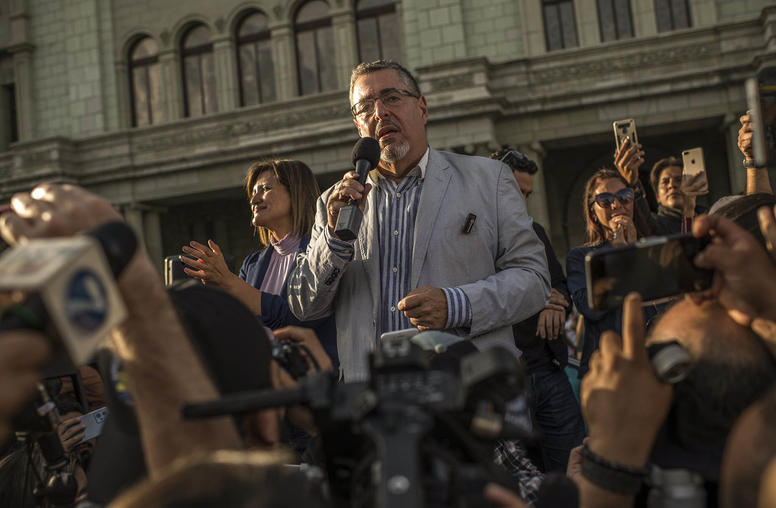Ricardo Zúniga
Contact
Please submit all media inquiries to interviews@usip.org or call 202.429.3869.
For all other inquiries, please call 202.457.1700
Ricardo Zúniga is a senior advisor in the Latin America program at USIP.
Prior to joining the Institute, he was a career member of the U.S. Senior Foreign Service, serving for 30 years in multiple roles, including as principal deputy assistant secretary of state for Western Hemisphere affairs, U.S. special envoy for the Northern Triangle, and U.S. consul general in São Paulo, Brazil.
Zúniga was detailed to the White House as National Security Council senior director for Western Hemisphere affairs from 2012 to 2015. Zuniga is a co-founder of Dinámica Americas, a consulting firm focused on the Western Hemisphere. He is also a member of the advisory board for the Wilson Center’s Latin America program and Brazil Institute and serves as a member of the U.S. Department of State’s Foreign Affairs Policy Board.
Zúniga is an expert on Central America, Brazil, Cuba, democracy issues and regional diplomacy. He is fluent in Spanish and Portuguese and served diplomatic tours in Mexico, Portugal, Cuba, Spain and Brazil.
He has a bachelor’s in foreign affairs from the University of Virginia. Zúniga is the co-author of “U.S. Foreign Aid to the Northern Triangle 2014–2019: Promoting Success by Learning from the Past,” part of the Wilson Center Reports on the Americas series.

